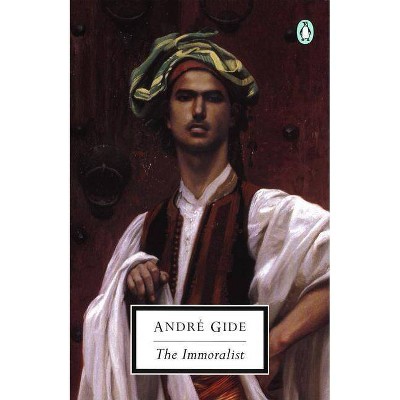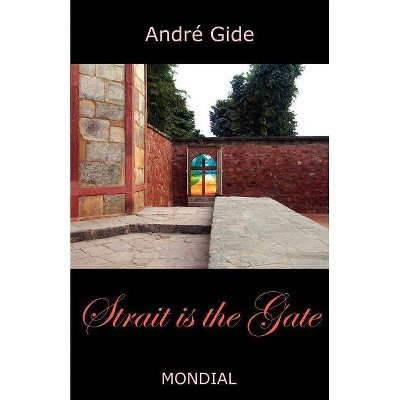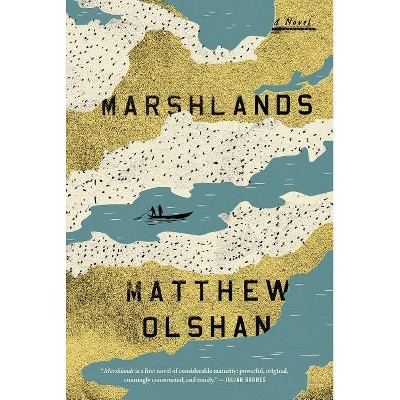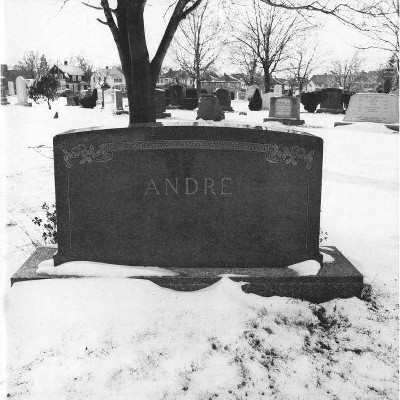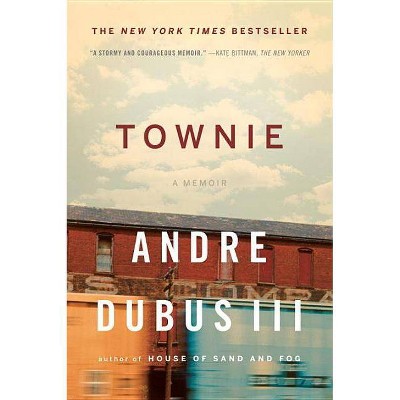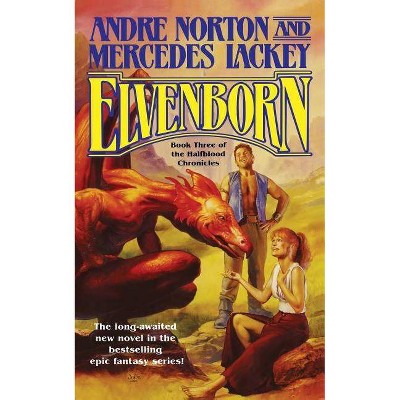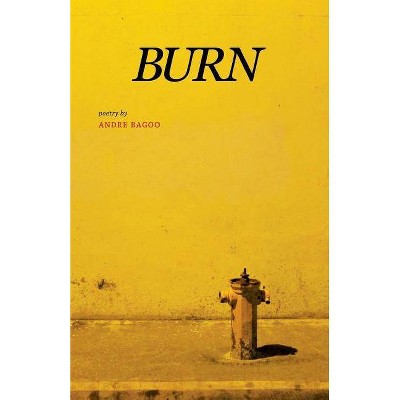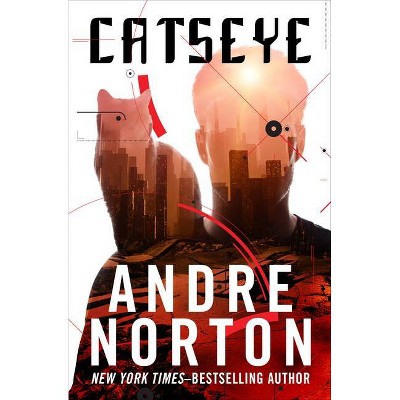Marshlands - by Andre Gide (Paperback)
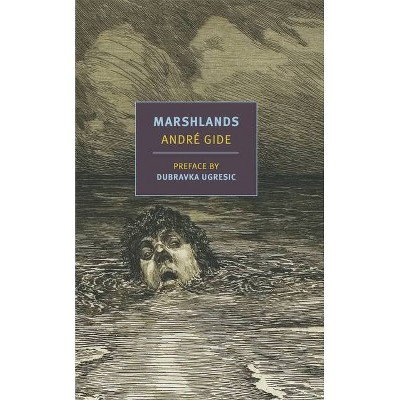
Similar Products
Products of same category from the store
AllProduct info
<p/><br></br><p><b> About the Book </b></p></br></br>"Andrâe Gide is the inventor of modern metafiction and of autofiction, and his short novel Marshlands shows him handling both forms with a deft and delightful touch. The protagonist of Marshlands is a writer who is writing "Marshlands," which is about a reclusive character who lives all alone in a stone tower. The narrator, by contrast, is anything but a recluse: He is an indefatigable social butterfly, flitting about the Paris literary world and always talking about, what else, the wonderful book he is writing-Marshlands. He tells his friends about the book, and they tell him what they think, which is not exactly flattering, and of course those responses become part of the book in the reader's hand. Marshlands is both a poised satire of literary pretension and a superb literary invention, and Damion Searls's new translation of this early masterwork by one of the key figures of twentieth-century literature brings out all the sparkle of the original"--<p/><br></br><p><b> Book Synopsis </b></p></br></br><b>A slim but powerful work of metafiction by a Nobel Prize-winning French writer and intellectual.</b> <p/>André Gide is the inventor of modern metafiction and of autofiction, and his short novel <i>Marshlands</i> shows him handling both forms with a deft and delightful touch. The protagonist of <i>Marshlands</i> is a writer who is writing a book called <i>Marshlands</i>, which is about a reclusive character who lives all alone in a stone tower. The narrator, by contrast, is anything but a recluse: He is an indefatigable social butterfly, flitting about the Paris literary world and always talking about, what else, the wonderful book he is writing, <i>Marshlands</i>. He tells his friends about the book, and they tell him what they think, which is not exactly flattering, and of course those responses become part of the book in the reader's hand. <i>Marshlands</i> is both a poised satire of literary pretension and a superb literary invention, and Damion Searls's new translation of this early masterwork by one of the key figures of twentieth-century literature brings out all the sparkle of the original.<p/><br></br><p><b> Review Quotes </b></p></br></br><br>"I don't understand a single thing in <i>Marshlands</i>. Did I write the book?" --André Gide <p/>. . . there's something compelling in Gide's perception that all of us are trapped, regardless of the pandemic, in some kind of lifelong lockdown, the days essentially featureless, relieved only by trivialities like our meaningless work, our predictable cultural products and our irrelevant public affairs. --Ken Kalfus, <i>The New York Times Review <p/></i>"First published in 1895, <i>Marshlands</i> itself is 'always so interesting, ' an antic anti-novella about writing, friendship, envy, and ambition that is as crisply funny as anything written since. According to Dubravka Ugresic, Gide called it a <i>sotie</i>, 'the old carnival genre, a street-fair farce, a Feast of Fools, ' distancing it from his weightier offerings; Damion Searls's new translation makes you hunger for a feast of <i>soties</i>." --Ed Park, "Best Books of the Year," <i>Bookforum <p/></i>The mistake would be to call André Gide the prophet of everything that followed him. . . He is at the same time hard to take seriously and hard to fathom, difficult to trust and impossible not to admire. He is astounding, confounding. . . . Gide himself defies categorization: too modernist for the <i>belle époque</i> scholars, too realist (or too postmodern?) for the modernist ones, too communist for his mid-career contemporaries, not communist enough for his late ones. To paraphrase Ugresic, who has written the introduction to the new translation of Gide's 1895 <i>Marshlands</i>, whatever Gide <i>is</i>, he is also <i>more than that</i>. --Ben Libman, <i>The Los Angeles Review of Books</i> <p/>"<i>Marshlands</i> is one of the few books I would rewrite word for word as my own, if I could." --Dubravka Ugresic <p/>"Gide's 1895 novel <i>Marshlands</i> . . . in the lightest, most Parisian way foreshadows the 20th-century preoccupation with intertextuality, books-within-books, perilously shifting levels of reality and the blurring between genres--between autobiography and fiction, for instance, or essay and <i>récit</i>." --Edmund White, <i>London Review of Books<br></i><br>"<i>Marshlands</i> is an odd book, audaciously experimental for its time and uncommonly well suited to ours. . . . [<i>Marshlands</i> is] autofiction's progenitor and irreverent masterwork. . . a sendup of writing itself, encompassing the futility, arrogance, and alienation that make up the strange impulse to see one's thoughts in print." --Nolan Kelly, <i>Hyperallergic</i><br><p/><br></br><p><b> About the Author </b></p></br></br><b>André Gide</b> (1869-1951) was a prolific author of novels, short stories, poetry, plays, travel writing, and autobiography. Though he entered the world of letters as a prominent figure in the symbolist movement, Gide later turned toward a more confessional and exploratory form, ruminating on questions of morality, sexuality, desire, religion, and the nature of the self in his work. He won the Nobel Prize in Literature in 1947. <p/><b>Damion Searls</b> has translated eleven books for NYRB Classics, including Uwe Johnson's four-book novel <i>Anniversaries</i> (published in two volumes). This is his second translation of Gide's <i>Marshlands</i>; he also rewrote it as "56 Water Street," the first short story in his collection <i>What We Were Doing and Where We Were Going</i>. <p/><b>Dubravka Ugresic</b> is the author of seven works of fiction, including <i>The Museum of Unconditional Surrender</i> and <i>Baba Yaga Laid an Egg</i>, and six collections of essays. Her most recent book is <i>The Age of Skin: Essays</i>. In 2016 she received the Neustadt International Prize for Literature for her body of work.
Price History
Cheapest price in the interval: 11.99 on November 8, 2021
Most expensive price in the interval: 12.19 on October 22, 2021
Price Archive shows prices from various stores, lets you see history and find the cheapest. There is no actual sale on the website. For all support, inquiry and suggestion messagescommunication@pricearchive.us
